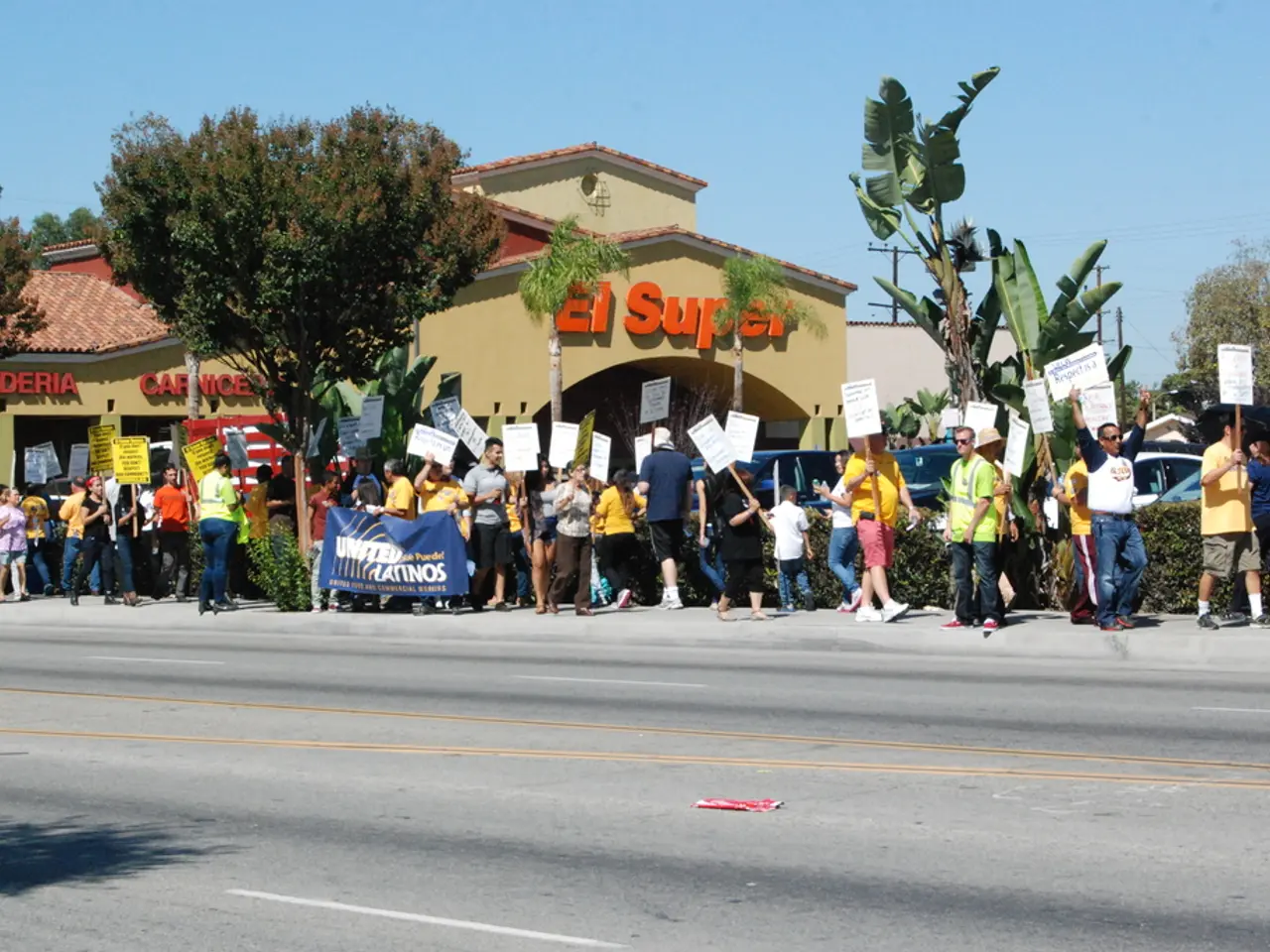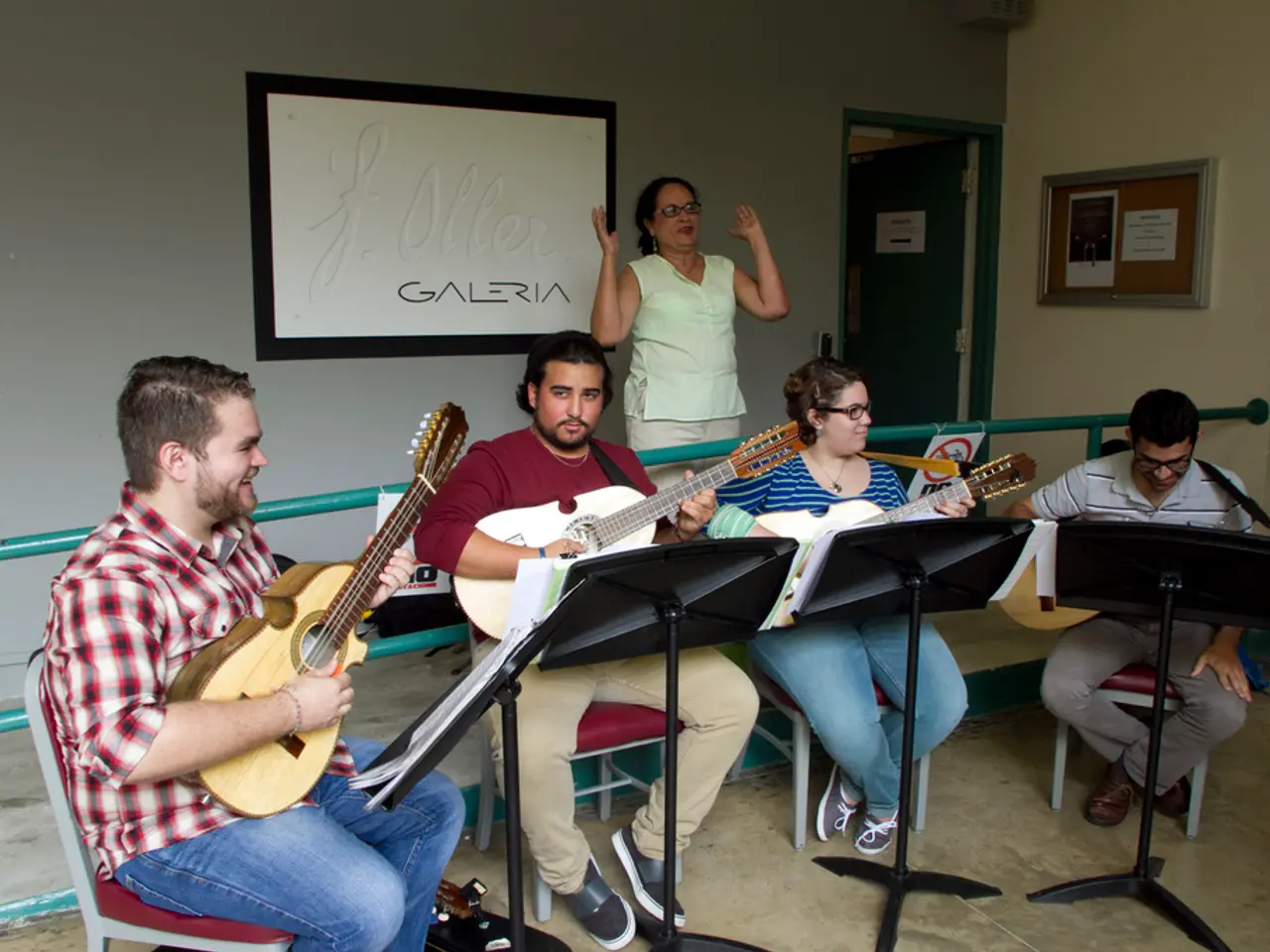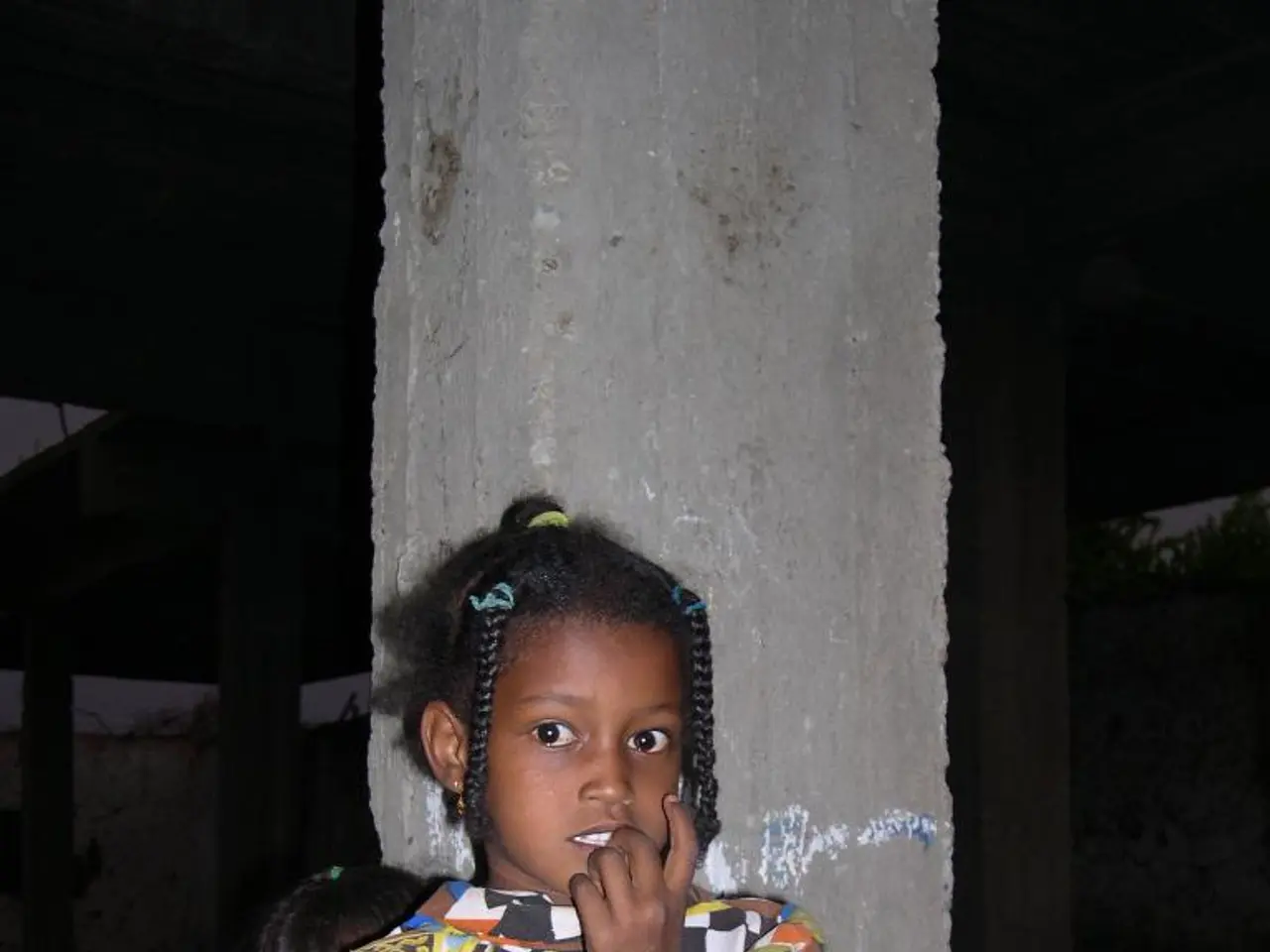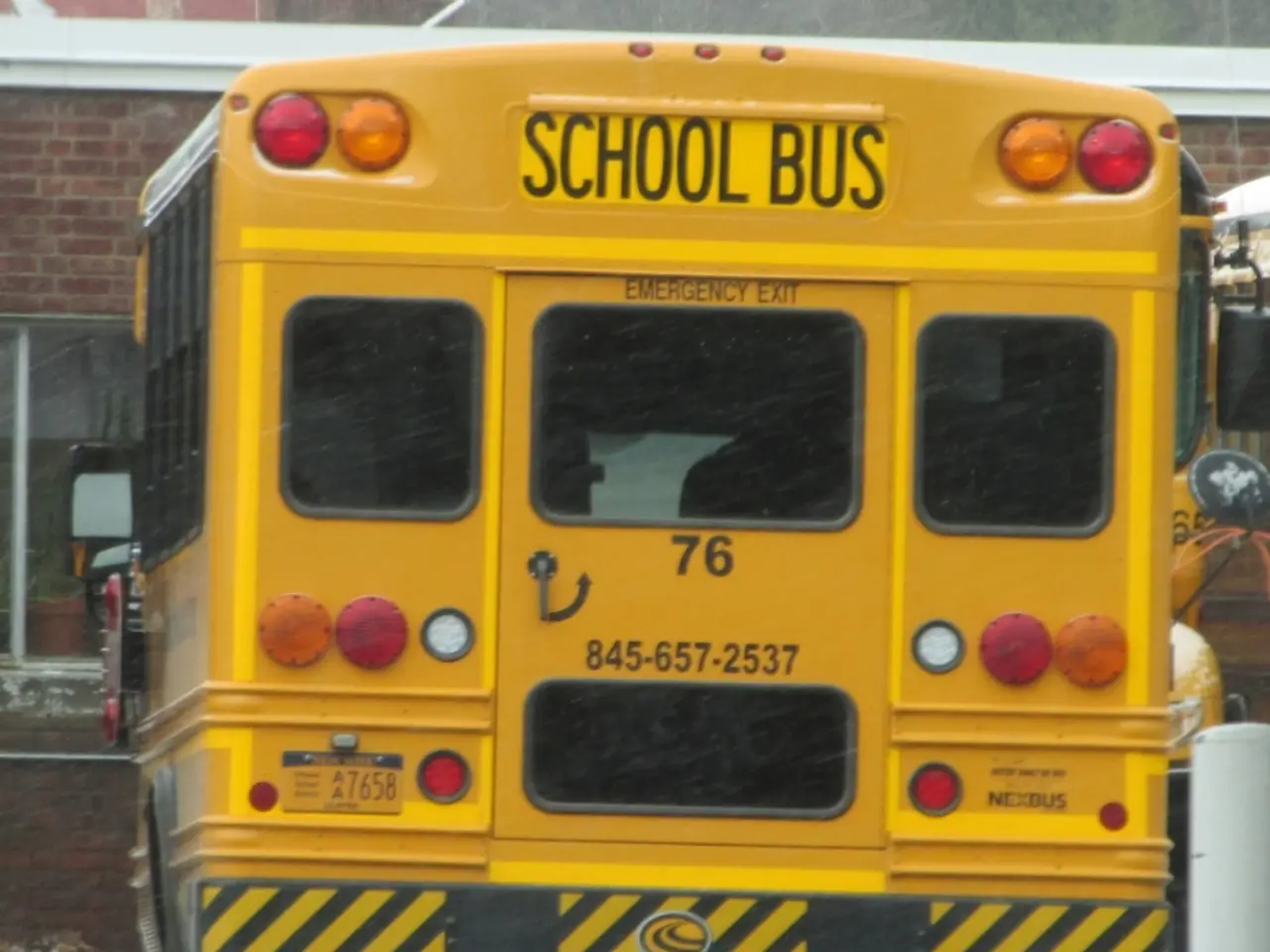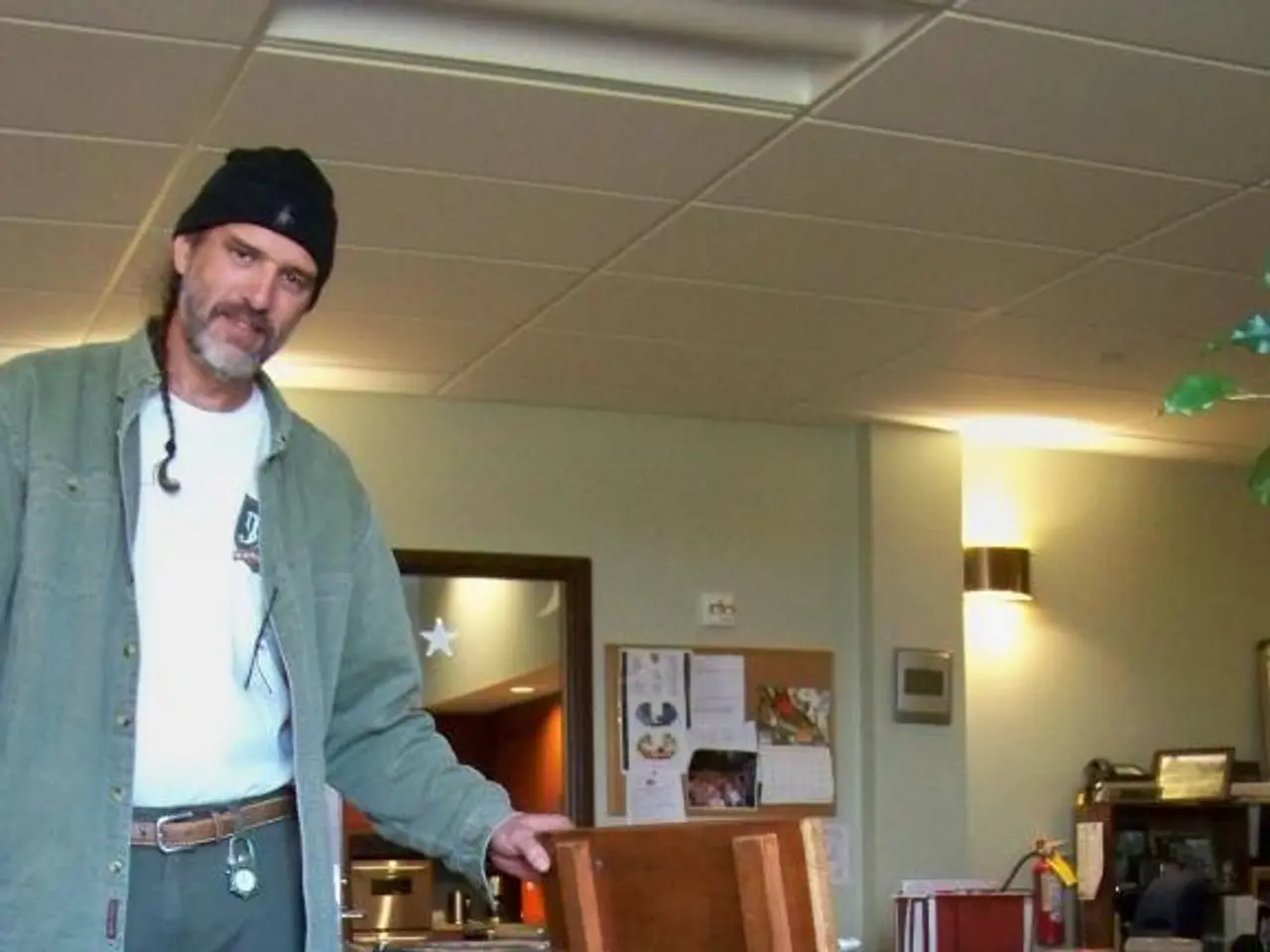Advocating for Underserved Populations: Ensuring Fairness and Legal Entitlements
=====================================================================================
Voting rights, housing, and criminal justice remain contentious issues, with numerous states enacting laws that disproportionately affect minority populations. However, advocacy efforts are making significant strides in addressing these challenges, as demonstrated by various successful strategies in public interest law.
One such strategy is legal empowerment through community-driven initiatives. The Access to Justice Project in Kisauni Sub-County, Kenya, for instance, uses trained community paralegals to provide accessible legal information and guidance, improving legal literacy and expanding grassroots justice services. This approach complements strategic litigation and public interest legal interventions to challenge systemic injustices and reform laws that affect marginalized populations.
In the United States, clinical law programs at Historically Black Colleges and Universities (HBCUs) offer legal advocacy aligned with community development priorities such as affordable housing, youth advocacy, immigration, and economic justice. Located in urban areas affected by disinvestment and gentrification, these clinical programs address local development needs while training future lawyers with a strong social justice orientation.
The Public Rights Project provides litigation support, counsel, and training to local government officials committed to advancing civil rights. This model empowers local leaders to protect communities historically excluded or exploited, including BIPOC, LGBTQIA+, pregnant persons, and workers. Additional strategies include network learning from local government cases and storytelling to elevate marginalized voices and share successful advocacy models.
Strategic litigation also proves crucial in holding large infrastructure projects accountable for rights violations, as seen in Lesotho. Despite challenges like limited litigation resources and procedural barriers, precedent-setting lawsuits can advance community rights and expose social, cultural, environmental, and gender harms from exploitative projects.
Effective advocacy strategies also include community engagement, fostering a sense of ownership among community members, enhancing their investment in advocacy initiatives, and cultivating a united front. Engaging with legal aid and support services helps build stronger communities by fostering awareness and providing education on legal rights.
Advocacy can also entail lobbying legislators, participating in public hearings, and drafting proposed legislation, as seen in the advocacy surrounding the Affordable Care Act, which significantly impacted marginalized populations. Housing rights are another significant challenge, with marginalized communities frequently confronting discriminatory practices like redlining and eviction threats.
The American Civil Liberties Union's (ACLU) efforts in landmark cases, such as Obergefell v. Hodges, showcase the vital role public interest law plays in advocacy, contributing to social progress and legal recognition. Resource allocation is critical for successful advocacy efforts, with essential resources including access to legal expertise, funding for campaigns, and educational materials.
In summary, successful advocacy strategies combine community legal empowerment with trained paralegals and accessible information, strategic, precedent-driven litigation to reform unjust policies and protect rights, collaboration with local governments and institutions for systemic civil rights protections, legal clinical programs aligned with community development needs, storytelling and network sharing to build movement knowledge and visibility. These approaches have been demonstrated in case studies from Kenya, US urban centers, and southern Africa, showing adaptable, context-sensitive methods that improve justice outcomes for marginalized populations.
Education and self-development play a significant role in empowering individuals and communities to address social injustices. For instance, the clinical law programs at Historically Black Colleges and Universities (HBCUs) in the United States offer legal advocacy tied to community development priorities, equipping students with a strong social justice orientation. Additionally, the Public Rights Project provides training to local government officials, enabling them to protect marginalized communities by advancing civil rights, thereby fostering self-development among these leaders.
